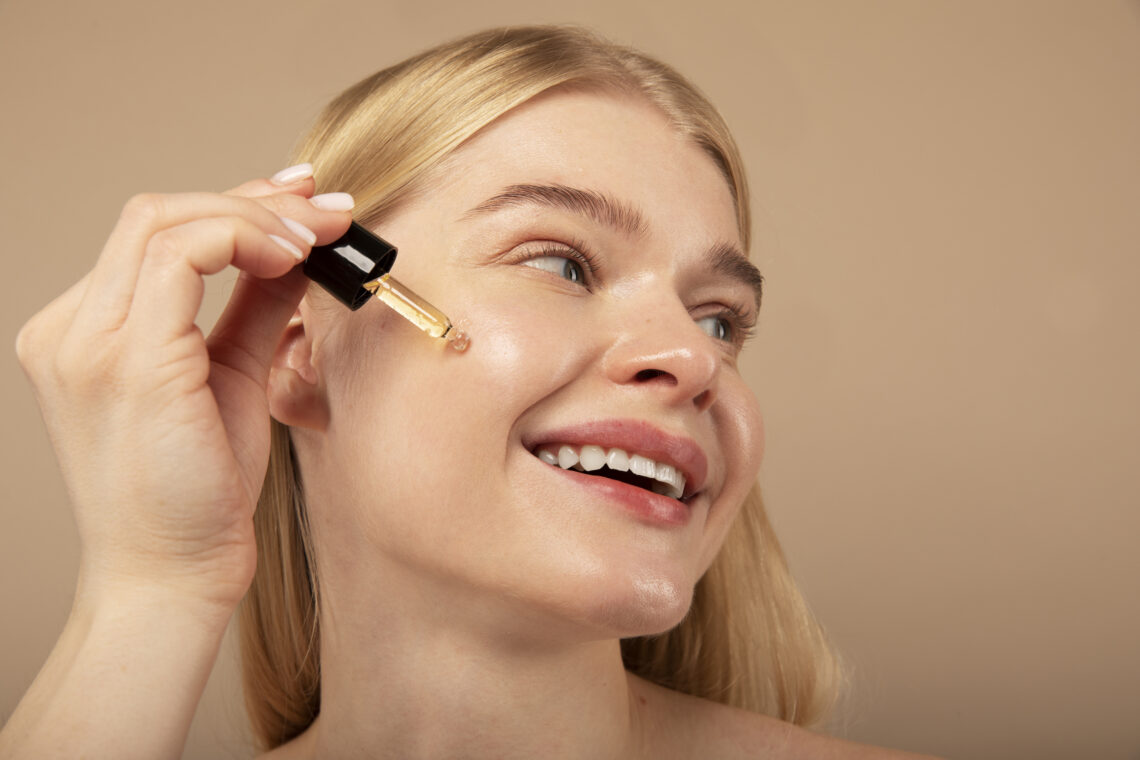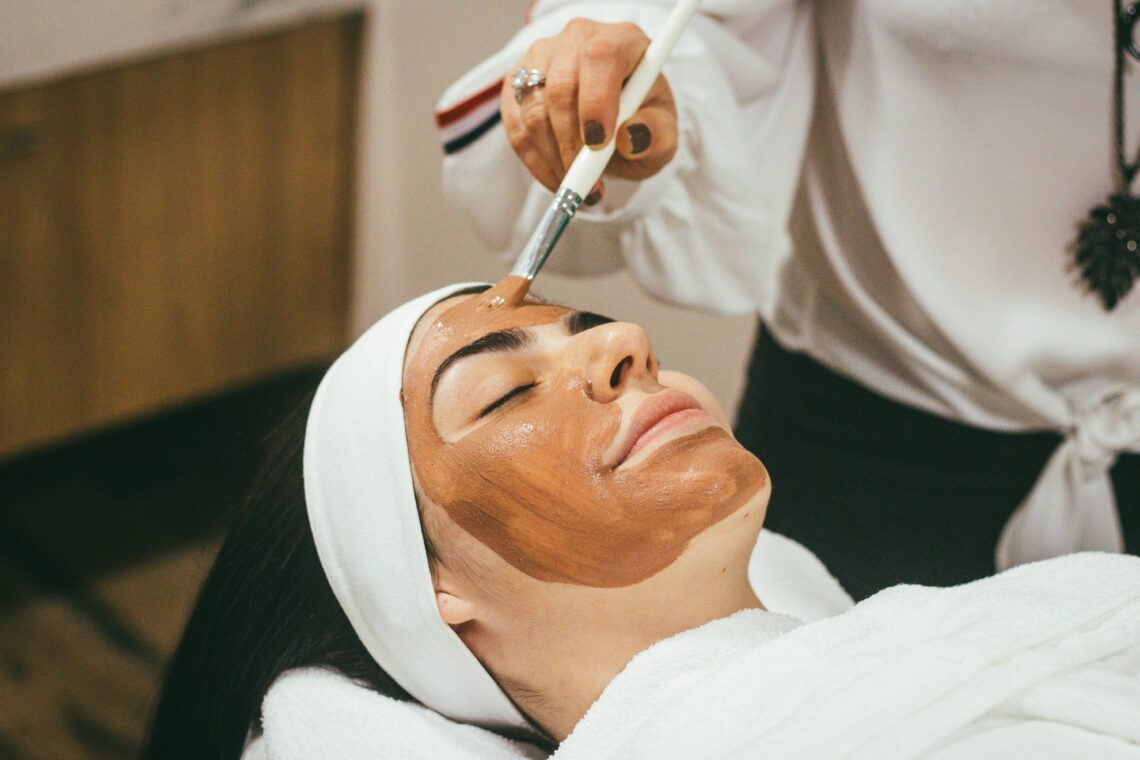Hi there! I understand you have some confusion and want to gain more knowledge about using vitamin C which can indeed be a fantastic addition to your skincare routine. It offers numerous benefits for the skin due to its antioxidant properties and its role in collagen synthesis. Let’s dive into some common questions about using vitamin C for skincare:
Question 1: How does vitamin C benefit the skin?
Answer: Vitamin C provides several benefits for the skin. Firstly, it is a potent antioxidant, which means it helps protect the skin from damage caused by free radicals, such as pollution and UV radiation. This protection can help prevent premature aging and reduce the appearance of fine lines and wrinkles.
Secondly, vitamin C plays a crucial role in collagen synthesis. Collagen is a protein that gives the skin its structure and elasticity. By promoting collagen production, vitamin C can help improve skin firmness and reduce sagging.
“11 Reasons to Add Vitamin C Serum to Your Skin Care Routine”
Additionally, vitamin C can help brighten the skin by inhibiting the production of melanin, the pigment responsible for dark spots and uneven skin tone. It can also help fade existing hyperpigmentation and promote a more even complexion.
Question 2: How should I incorporate vitamin C into my skincare routine?

Answer: Incorporating vitamin C into your skincare routine is relatively simple. You can find vitamin C in various forms, including serums, creams, and moisturisers. It is generally recommended to use vitamin C products in the morning, as they can provide an extra layer of protection against environmental stressors.
Find more “16 Best Vitamin C Serums That Dermatologists Say Are Worth Your Money”
To incorporate vitamin C into your skincare routine, follow these steps:
- Cleanse your face: Start by cleansing your face with a gentle cleanser to remove any dirt, oil, or impurities.
- Tone (optional): If you use a toner, apply it after cleansing to help balance your skin’s pH levels.
- Apply the skincare product: Take a small amount of your chosen product, whether it’s a serum, cream, or moisturiser, and gently massage it into your skin. Focus on areas that need extra attention, such as hyperpigmentation or uneven skin tone.
- Allow absorption: Give your skin a few minutes to absorb the product fully. This allows the active ingredients to penetrate the skin effectively.
- Moisturise: Follow up with a moisturiser to lock in the hydration and further nourish your skin.
- Sunscreen: During the daytime, always apply a broad-spectrum sunscreen with a high SPF to protect your skin from harmful UV rays. This ingredient offers some level of protection, but it should not replace sunscreen.
Remember, consistency is key when incorporating this ingredient into your routine. Use it regularly for optimal results. If you experience any irritation or sensitivity, adjust the concentration or frequency of use accordingly.
It’s important to choose a product that suits your skin type and concerns. If you’re unsure, consult with a dermatologist who can provide personalised recommendations based on your specific needs.
Question 3: Are there any potential side effects of using vitamin C on the skin?

Answer: Vitamin C is generally considered safe for topical use. However, some individuals may experience mild side effects, especially if they have sensitive skin. These side effects can include tingling, redness, or a slight warming sensation upon application. If you experience any discomfort, it is advisable to reduce the frequency of use or choose a lower concentration of vitamin C.
It’s also worth noting that vitamin C can be unstable and prone to oxidation when exposed to air, light, and heat. To ensure its effectiveness, look for vitamin C products packaged in opaque or airtight containers and store them in a cool, dark place.
Question 4: Are there any specific considerations or precautions to keep in mind when using vitamin C for skincare?
Answer: Yes, there are a few important considerations to keep in mind when incorporating this powerful skincare ingredient into your routine. Here are some key points:
- Patch test: Before applying products containing this ingredient all over your face, it’s advisable to perform a patch test. Apply a small amount of the product to a discreet area of your skin and observe for any adverse reactions like redness, itching, or irritation. If no negative reactions occur within 24 hours, it is generally safe to use the product.
- Sun protection: While this ingredient offers some level of protection against sun damage, it is not a substitute for sunscreen. It’s important to continue using broad-spectrum sunscreen with a high SPF to safeguard your skin from harmful UV rays.
- Gradual introduction: If you’re new to using this ingredient, it’s recommended to start with a lower concentration and gradually increase it over time. This allows your skin to acclimate and reduces the risk of potential irritation.
- Storage and product stability: This ingredient is sensitive to light, air, and heat, which can cause it to degrade and lose effectiveness. Look for products packaged in opaque or tinted bottles that offer protection against light. Additionally, make sure to tightly close the product after use and store it in a cool, dark place.
- Combination with other actives: This ingredient can be combined with other skincare actives, but it’s essential to be cautious. Some ingredients may interact negatively and cause irritation. It’s best to consult with a dermatologist or skincare professional to ensure compatibility when using multiple actives.



